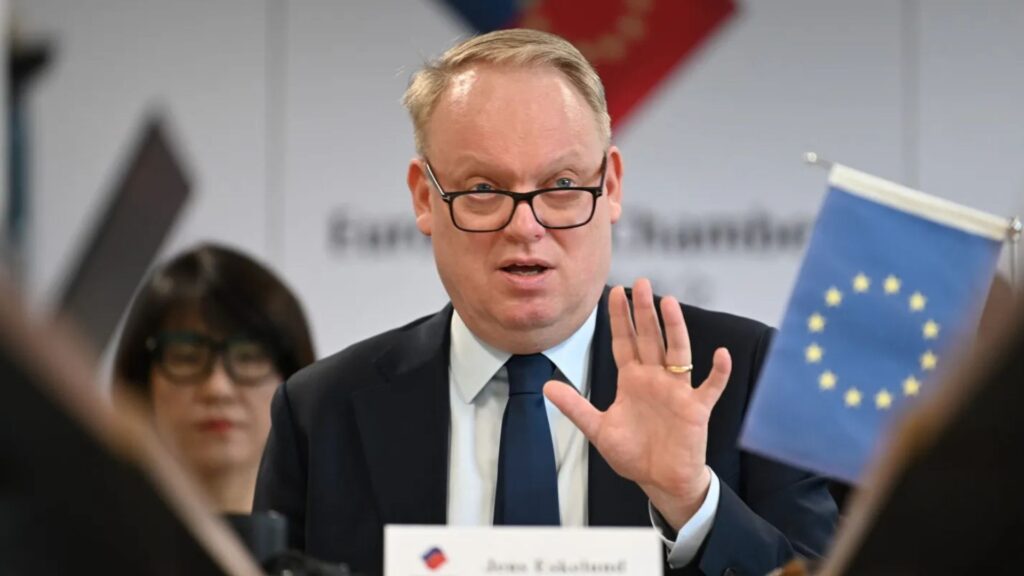
Johannes Neudecker—picture alliance via Getty Images
European companies continue to struggle securing essential rare earth elements from China, incurring significant financial losses despite a July agreement intended to expedite exports. The European Union Chamber of Commerce in China warned on Tuesday that licensing delays for key inputs such as dysprosium and terbium—crucial for electric vehicle motors, defense systems and renewable energy technologies—remain largely unresolved, with at least one member firm reporting “millions of euros” in losses due to stalled shipments (Reuters).
Licensing Delays Deepen Supply Chain Disruption
Since April, China has mandated export licenses for seven heavy rare earth elements, leveraging its dominance over roughly 90 percent of global refining capacity to tighten control over strategic materials. The European Chamber has submitted over 140 license applications, but only a handful have been approved. Chamber President Jens Eskelund noted that small and medium-sized enterprises bear the brunt of these delays, lacking the financial resilience of larger multinationals to absorb production halts and contract penalties.
Diplomatic Assurances Fail to Translate into Permits
In July, EU Commission President Ursula von der Leyen and Chinese President Xi Jinping pledged to establish an “improved mechanism” for rare earth exports following high-level talks. However, the promised reforms have yet to yield substantive results: only four rare earth magnet producers received licenses in late April and May, primarily those supplying Volkswagen, with negligible relief for other applicants. Meanwhile, China’s rare earth magnet exports plunged 74 percent year-over-year in May, marking the lowest monthly volume since February 2020 and underscoring the restrictive export environment (Fortune).
Mounting Economic and Strategic Pressures
The rare earth bottleneck compounds broader challenges for EU businesses in China, where post-pandemic recovery has stalled and industrial overcapacity persists. Eskelund highlighted that both domestic and foreign firms face weak demand and supply–demand imbalances, deepening the urgency for policy solutions. With China drafting its 15th Five-Year Plan, the Chamber plans to press EU policymakers in Brussels next week to fast-track the Critical Raw Materials Act, designed to diversify supply chains and reduce dependence on Chinese exports.
Industry Responses and Mitigation Efforts
European automakers, including Mercedes-Benz, are developing contingency plans to mitigate supply risks, such as qualifying secondary suppliers and exploring material substitution. Some automotive component plants have already suspended production lines, citing critical shortages of dysprosium-enhanced magnets. The ongoing crisis has reignited calls within the EU to expand domestic processing capacity and accelerate partnerships with alternative suppliers in Australia, India and North America.
As licensing bottlenecks persist, EU firms face mounting financial strain and strategic vulnerability. The gap between diplomatic assurances and on-the-ground export realities underscores the geopolitical leverage China wields over critical supply chains, challenging Europe’s ambitious clean-energy and digital-transition goals.




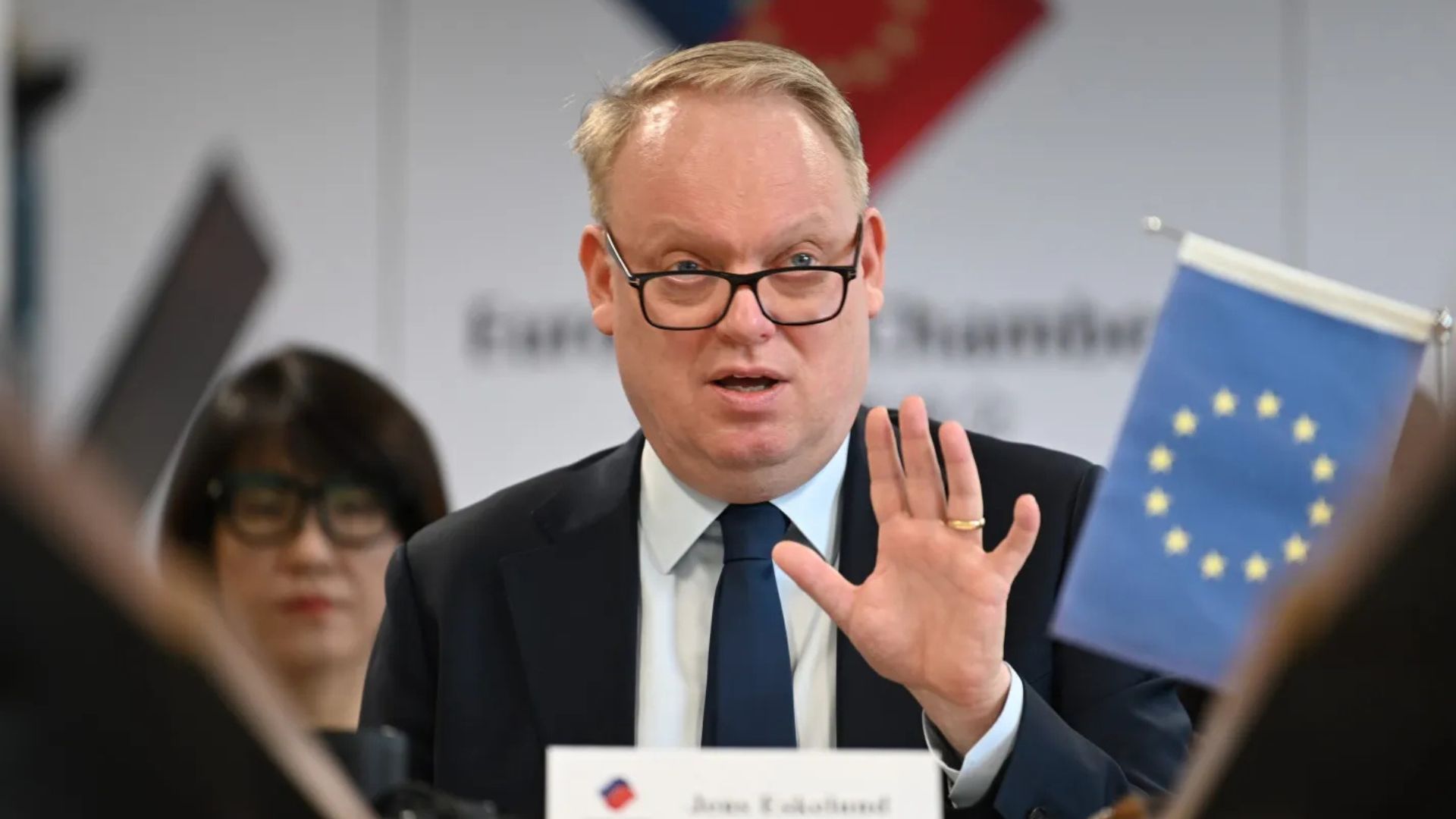
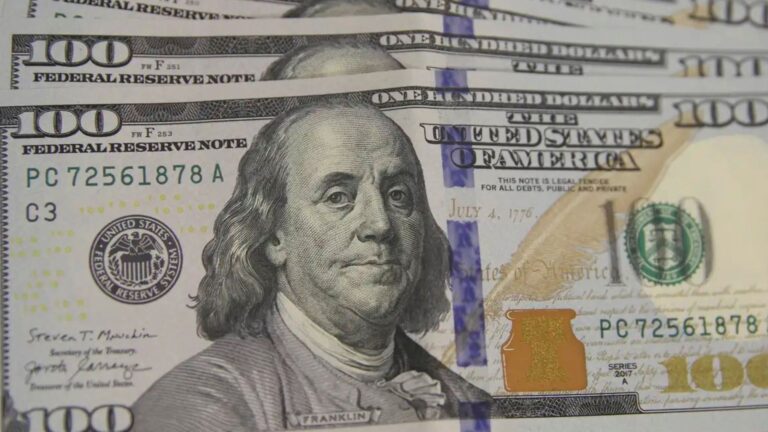
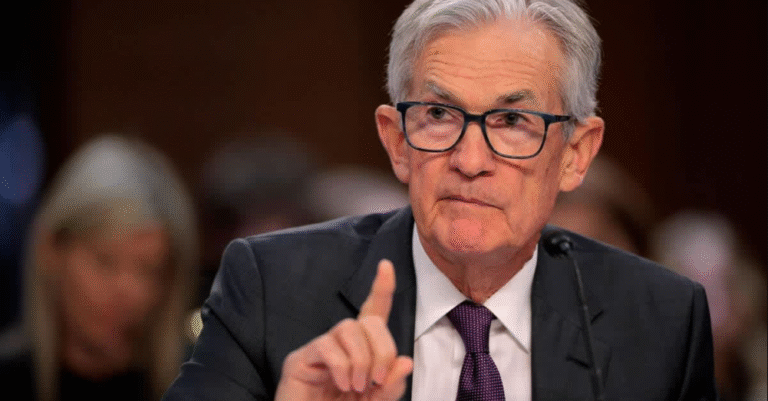
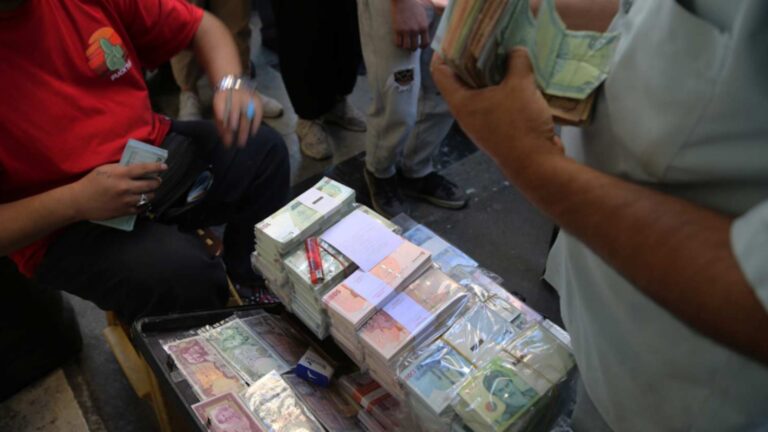





I don’t think the title of your article matches the content lol. Just kidding, mainly because I had some doubts after reading the article.